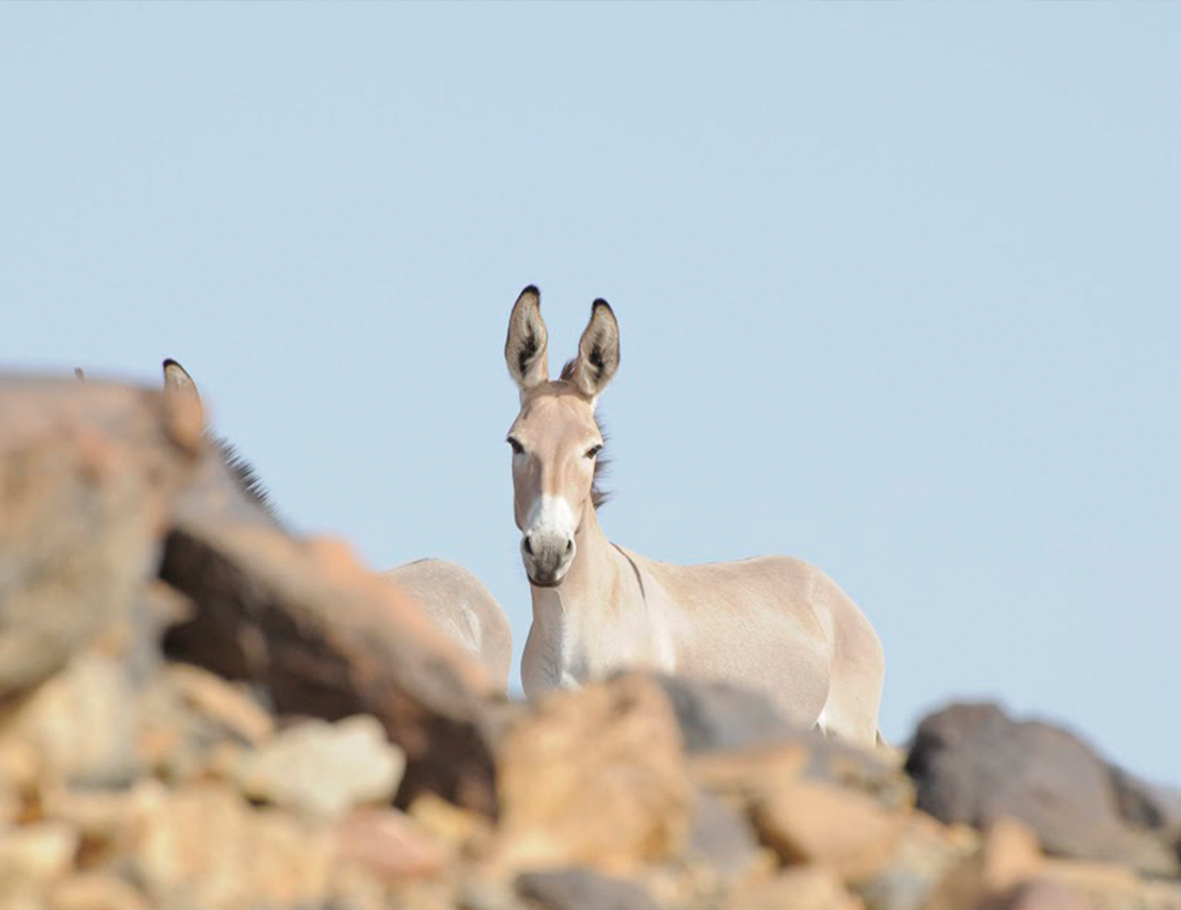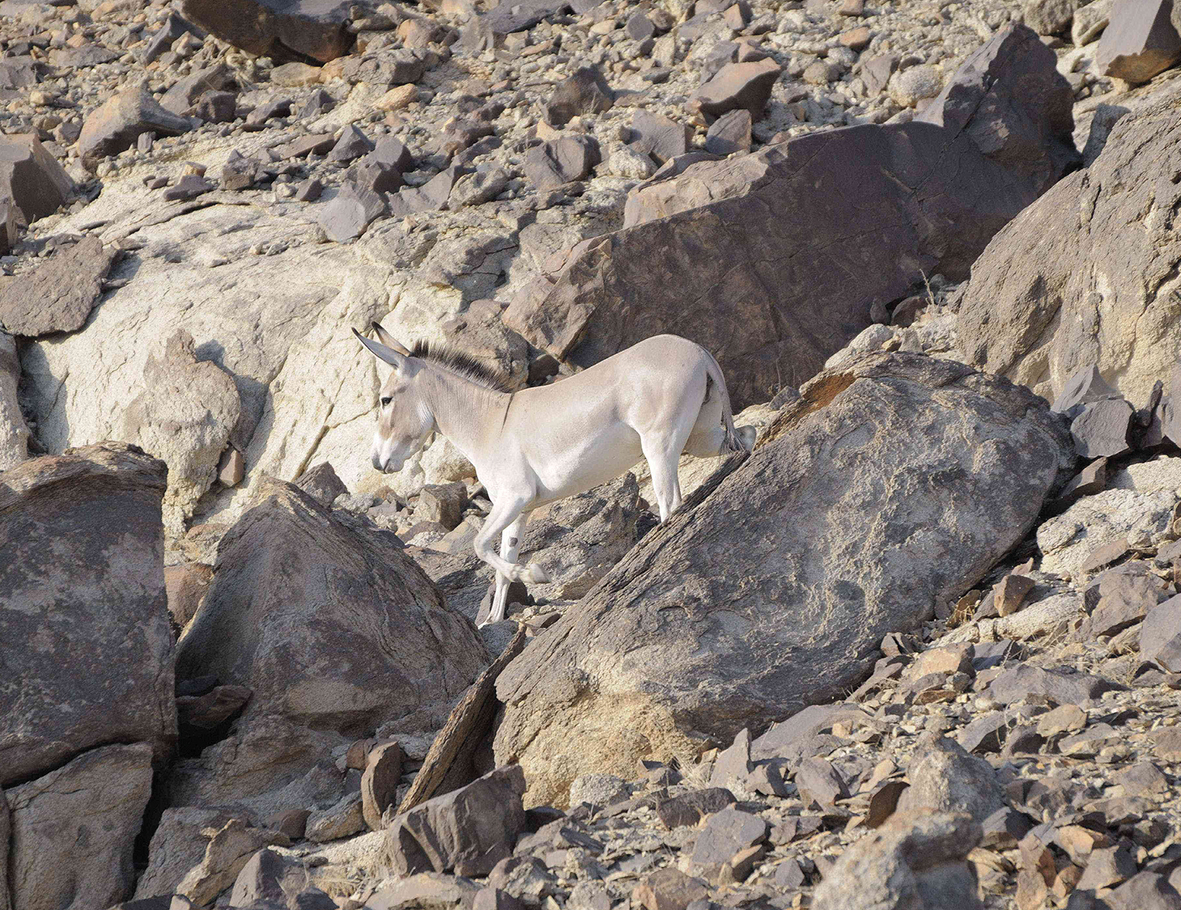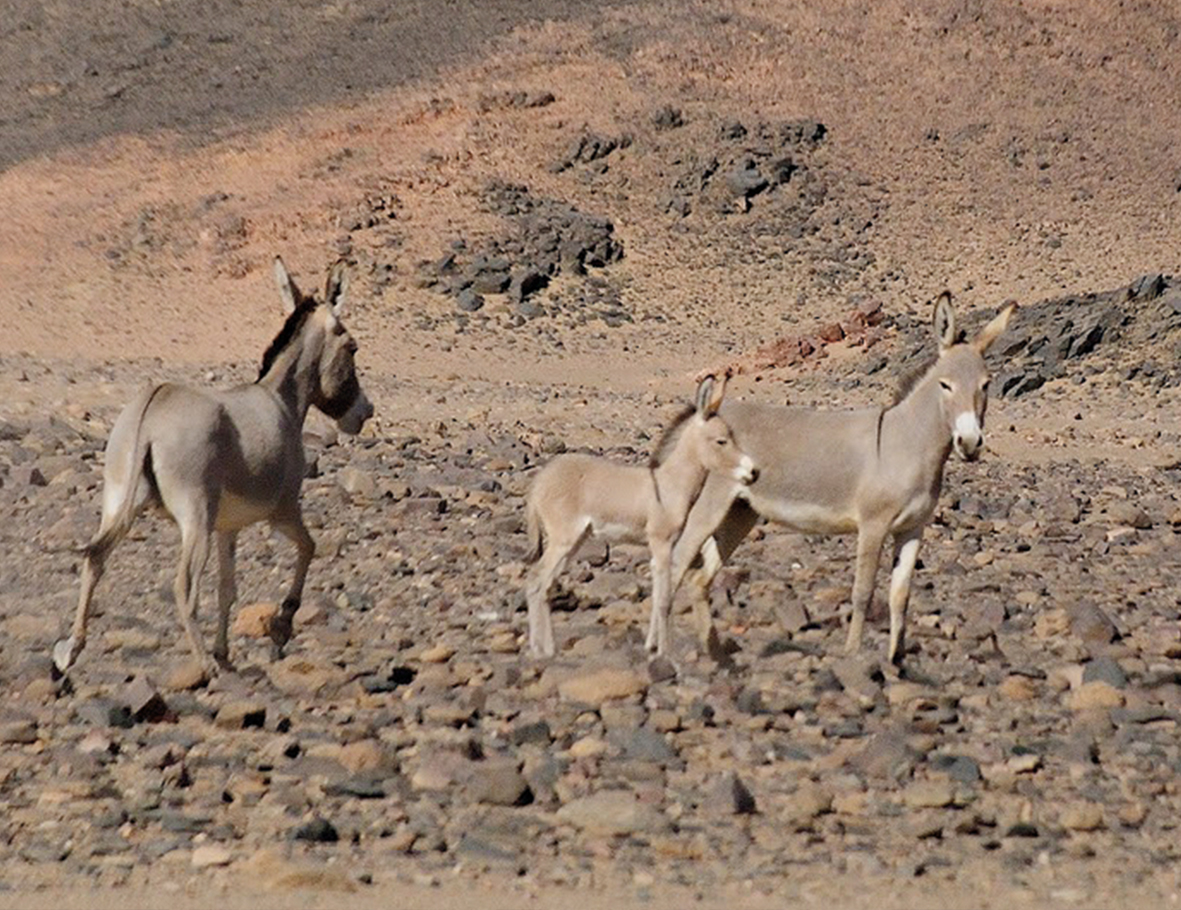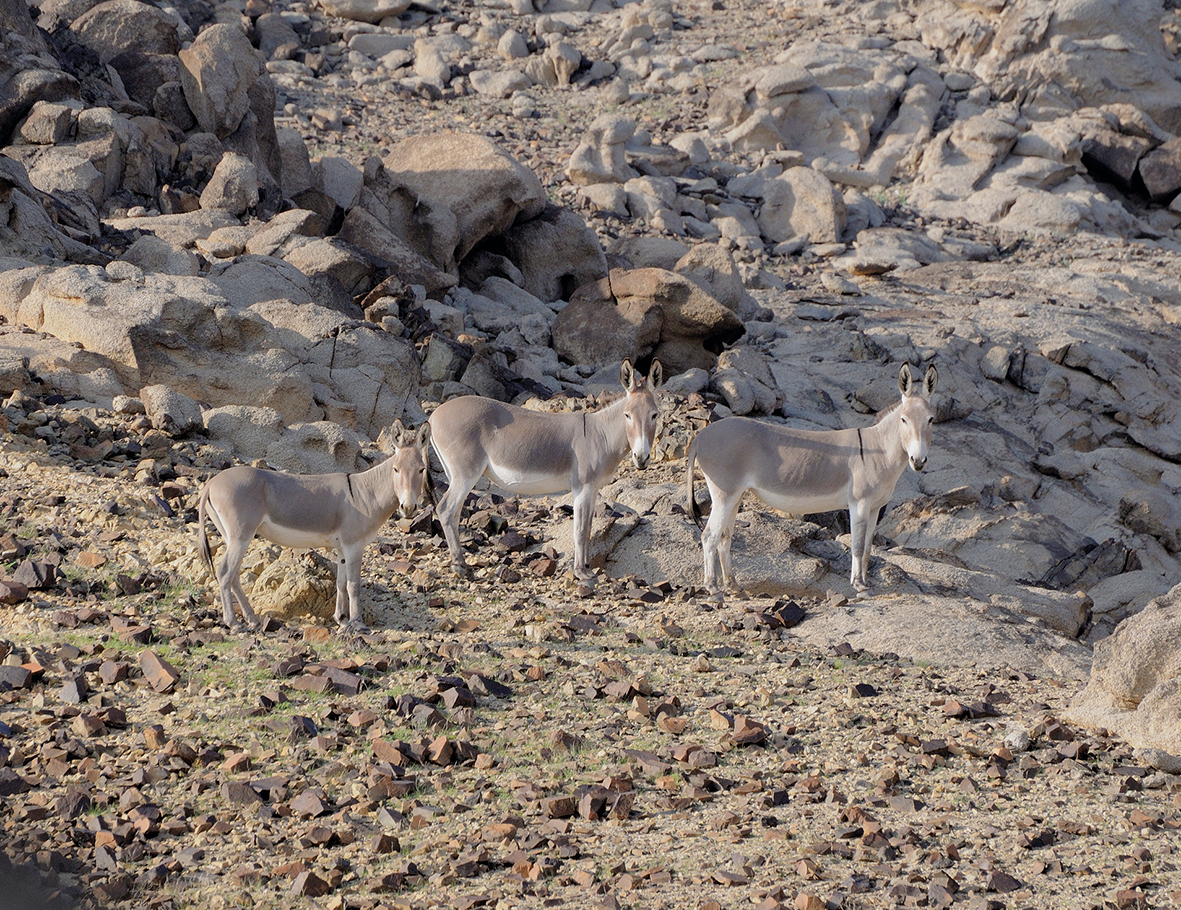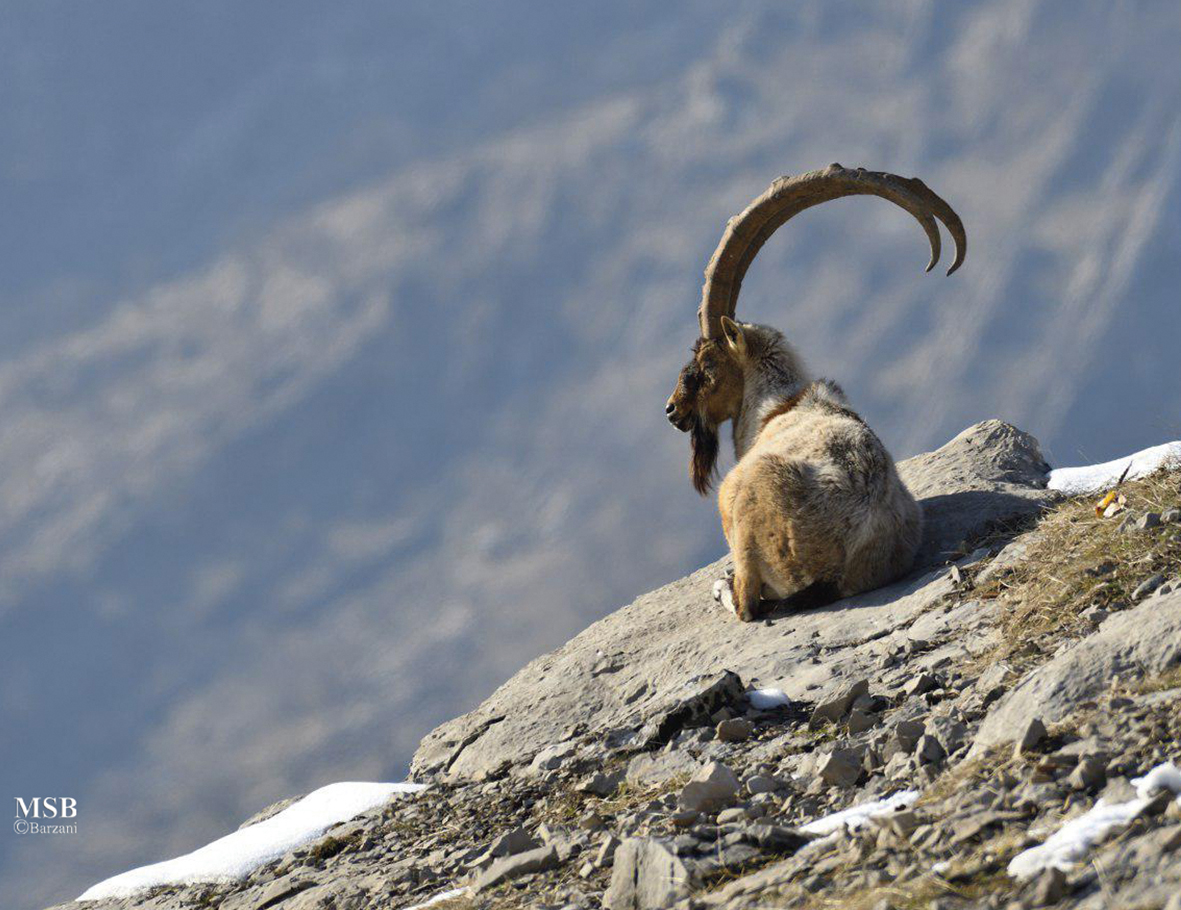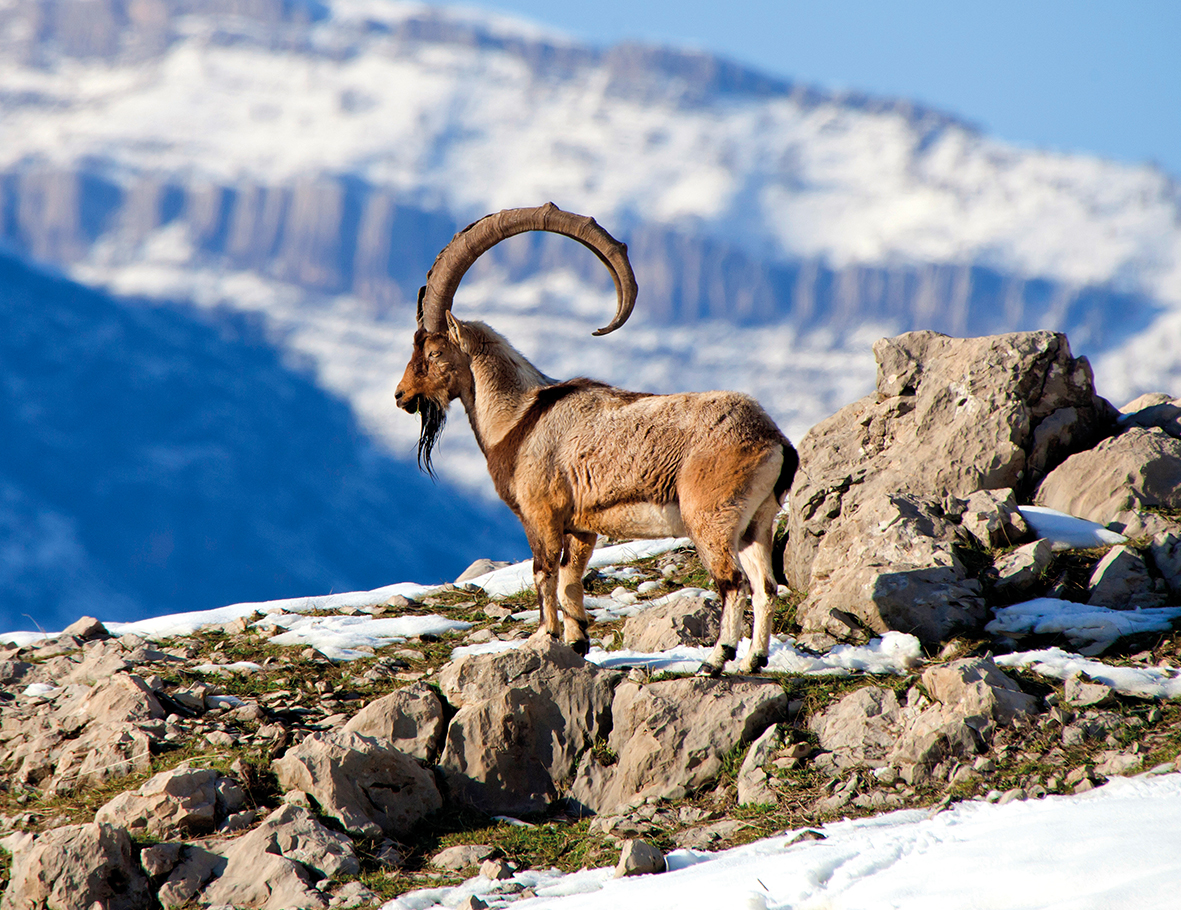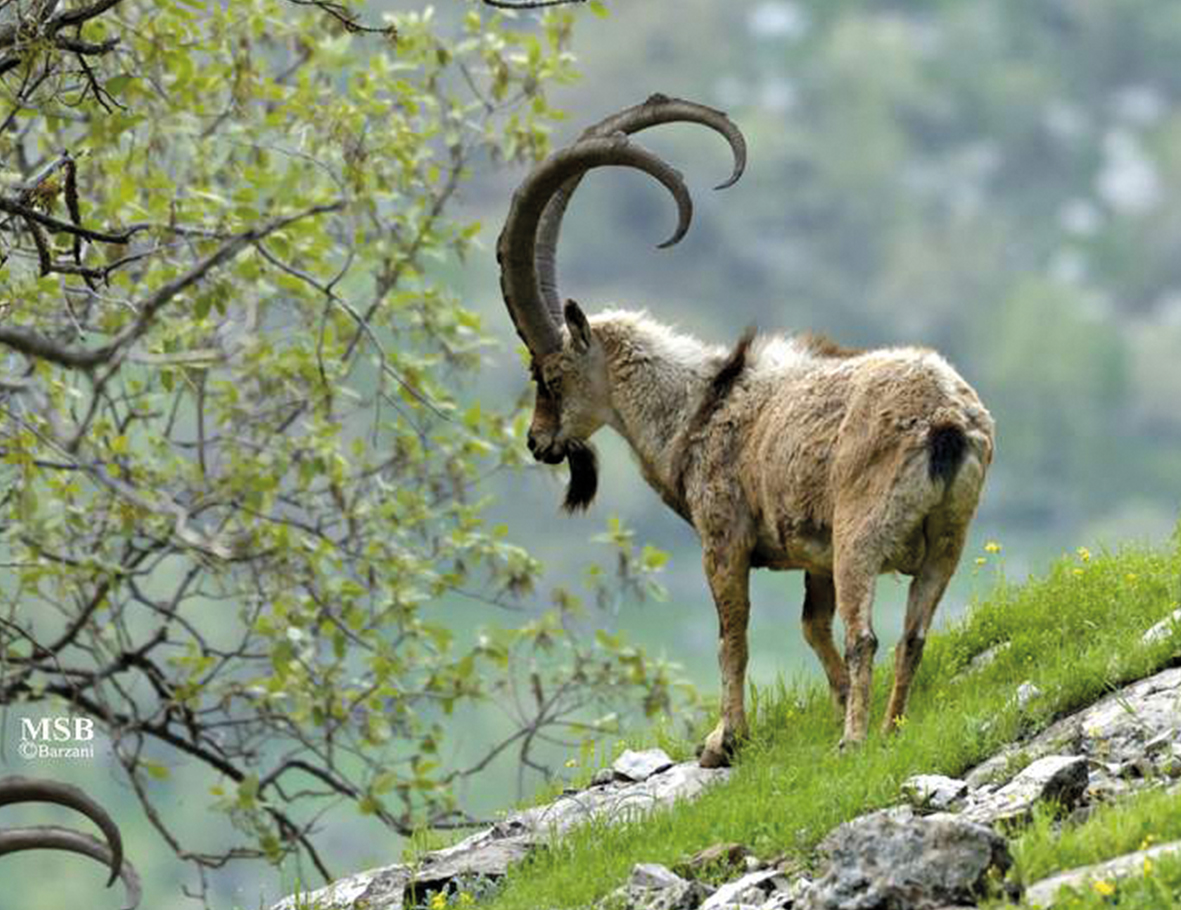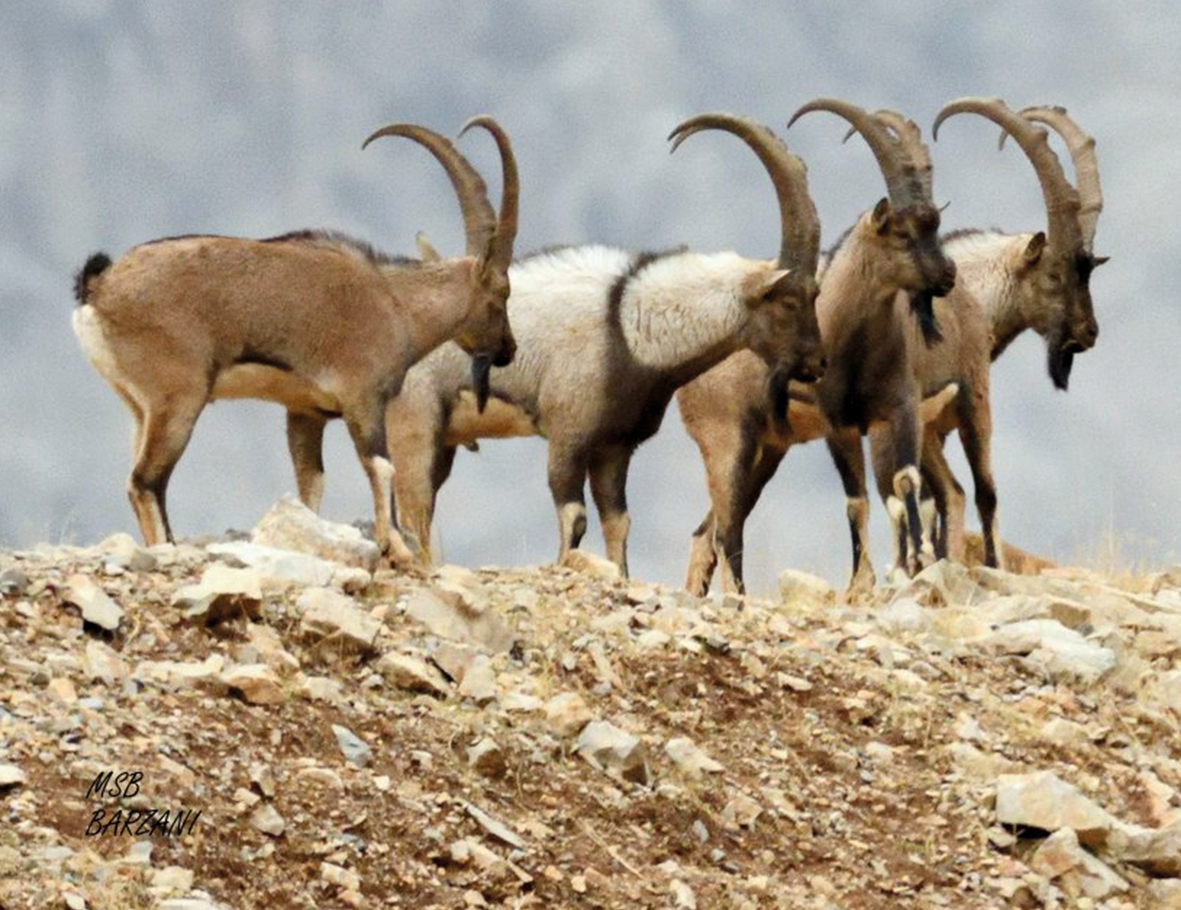Our Dream: International Protection for the Bezoar Goat and the Nubian Wild Ass
Even when political upheaval and conflicts make it difficult for the Akademie to continue its projects in Kurdistan and Egypt, it will not give up. Two critically endangered species live in the Barzan region in the Kurdish area of Iraq, as well as in Gebel Elba National Park in southern Egypt. It is essential to protect their populations.
Since 2011, the Akademie has dreamed of having the Barzan region of Kurdistan, in which the Bezoar goats live, designated as a Unesco Biosphere Reserve. At first it looked as though this dream would come true. However, unrest in this country continues. The Akademie was unable to achieve anything for this project on a political level. It will nonetheless continue its advocacy through continued close contact to Muhamadsiddiq Barzani of the NGO “Kurdistan NatureWatch”, which regularly documents the flora and fauna in the region. According to its most recent records, more than 2,300 Bezoar goats were counted in the 114,822-hectare area. This is probably the world’s largest, still-existing population of this animal species. Also recorded were 15 brown bears, three Persian leopards and a multitude of rare bird species – all the more reason to protect this region.
In the south of Egypt as well, lives a species which is profoundly threatened with extinction: Nubian wild asses, of which an estimated 50 animals remain. The attempt to document its population, however, has failed up to now: Julia Maltzan and Henning Wiesner have not yet been able to travel to this region for safety reasons. In any case, the Akademie is still in contact with the people responsible at the Ministry of the Environment, wild ass experts and the geneticist and zoologist, Dr. Ralph Kühn at the Technical University, Munich. Prof. Kühn, using advanced scientific analyses, will determine whether the animals are actually “genuine” wild asses.
This would be a first step in protecting the animals. The Akademie will continue to advocate for saving the population – something which requires a great deal of patience under the current political situation. ■

